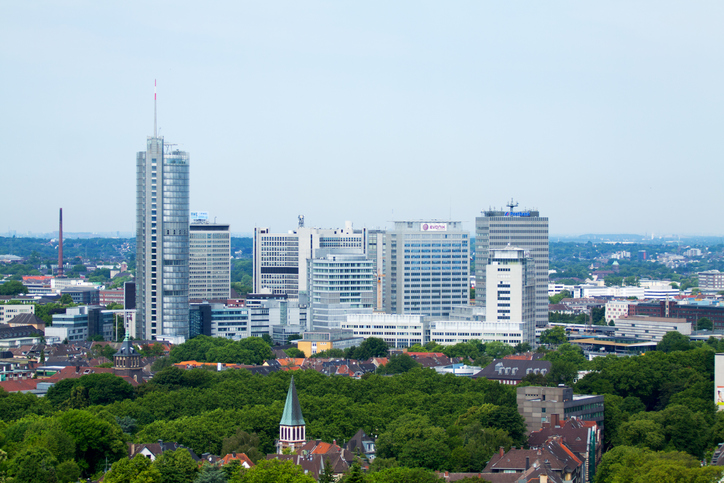The creation of smart local energy systems could make a significant impact in the UK delivering net zero however barriers still remain before this technology is widely viable.
Across two reports published by Innovate UK’s Prospering from the Energy Revolution (PFER) challenge, it has been identified that smart local energy systems could provide major benefits for towns and cities.
This includes helping urban areas in decarbonising more rapidly than current rates, supporting the drive to net zero whilst also acting as a catalyst for investment across the UK. These reports have been separated into finance and investment and policy and regulation.
The first report dubbed “Smart Local Energy Systems: Finance and Investment” explores the potential returns and finance for the creation of the systems in urban areas. Within this, it was stated that an integrated local energy system could be worth around £731 million to the city of Coventry.
The second report named “Smart local Energy Systems: Policy and Regulation” indicated that localised approaches could support national policy aims in digitising the energy system and also support deeper decarbonisation for net zero.
This included limiting costs for customers, better energy security, levelling-up and greater economic development. The trial projects also identified policy and regulatory barriers such as the fact that current energy markets are designed for a centralised energy system and the lack of a joined-up, “whole systems” approach, Innovate UK said.
Smart energy systems can include microgrids, EVs and smart meters and would include the use of digital technologies and artificial intelligence to balance energy needs across a network, according to Midlands Engine.
Should this be scaled, the Midlands Engine report disclosed that consumers and businesses could save up to £70 billion in energy costs.
However, Innovate UK indicates that a smart local energy system should bring together energy generation, storage, demand and infrastructure and crucially integrate them at a local level in urban areas such as towns and cities.
By balancing supply and demand locally, this approach could reduce the need to boost national networks, while bringing advantages in energy efficiency, carbon emissions and consumer costs.
The £100 million PFER programme has funded more than 80 projects around the UK with these ranging from data management tools, large-scale installations to whole city-wide local energy markets.
“It’s increasingly recognised that locally integrated approaches to energy can bring major benefits, helping local communities to prosper while also helping deliver our net zero ambitions. The findings from our demonstrators and design projects add strongly to the evidence of what could be achieved, but also highlight key obstacles in the way of local energy initiatives,” said Rob Saunders, director of the prospering from the energy revolution challenge at Innovate UK.
“Our ambition is that the learnings from these projects will prove valuable to all involved in decarbonising energy across the UK and help in clearing the way for a new generation of locally-optimised energy systems in our towns, cities and regions.”






